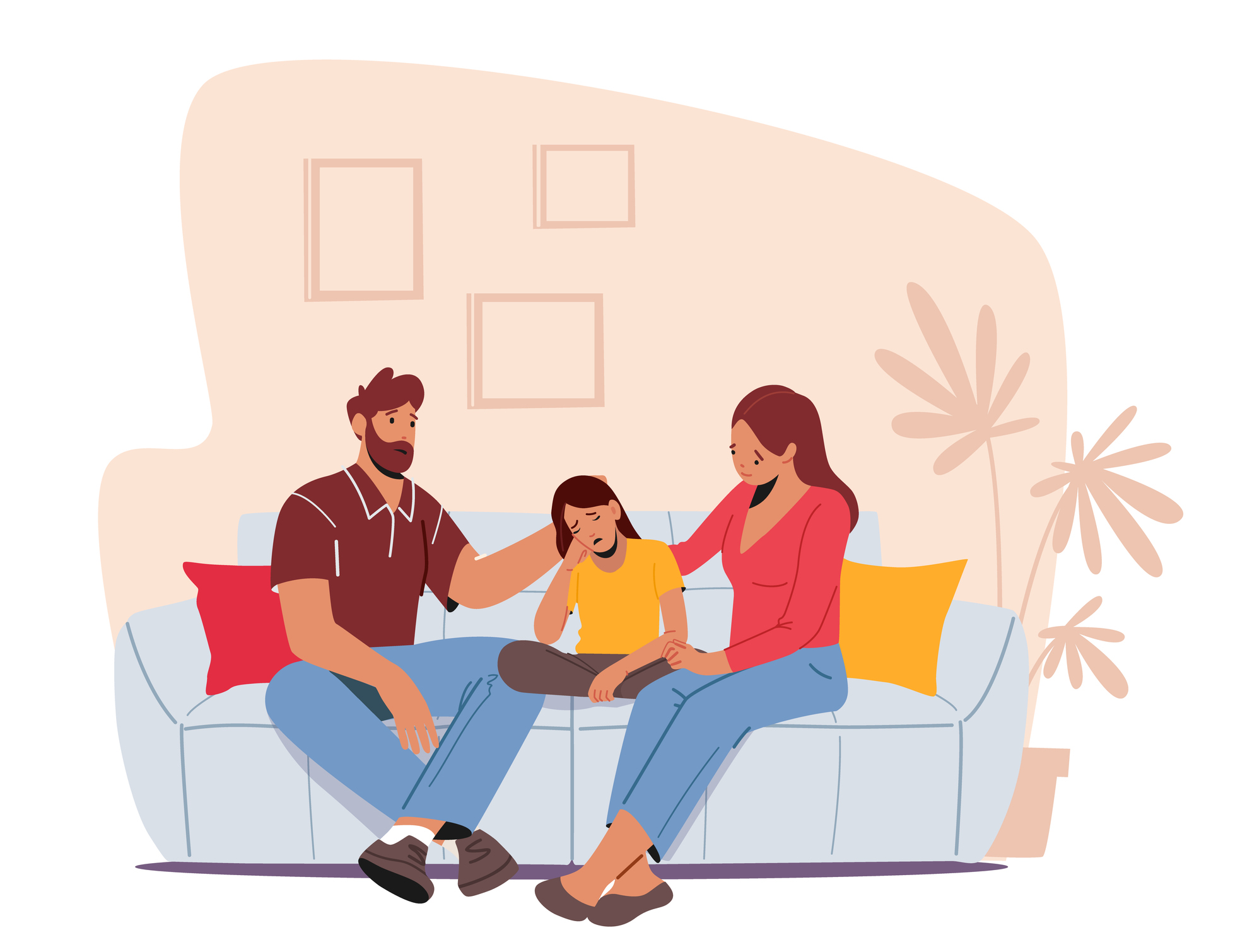How to Overcome Postpartum Disorder
Women, men, and adoptive parents can experience some postpartum depression (PPD). According to research, one in seven women who give birth will experience PPD. Symptoms vary depending on the specific type of PPD. All types can be overwhelming and take away from the joy of new parenthood. Postpartum disorders have been well-researched, and there are many treatments available. With help, you can make a full recovery. Keep reading to learn how your symptoms compare to the various types of postpartum disorders, why you are experiencing symptoms when others are not, and how to overcome postpartum disorders. Understanding How to Overcome Postpartum Disorder The more knowledge you have about PPD, the more power you can have over it. Learning about the various types of postpartum disorders is a significant first step in overcoming your symptoms. Below is a brief overview of the types: Postpartum Depression Postpartum depression can range from baby …






